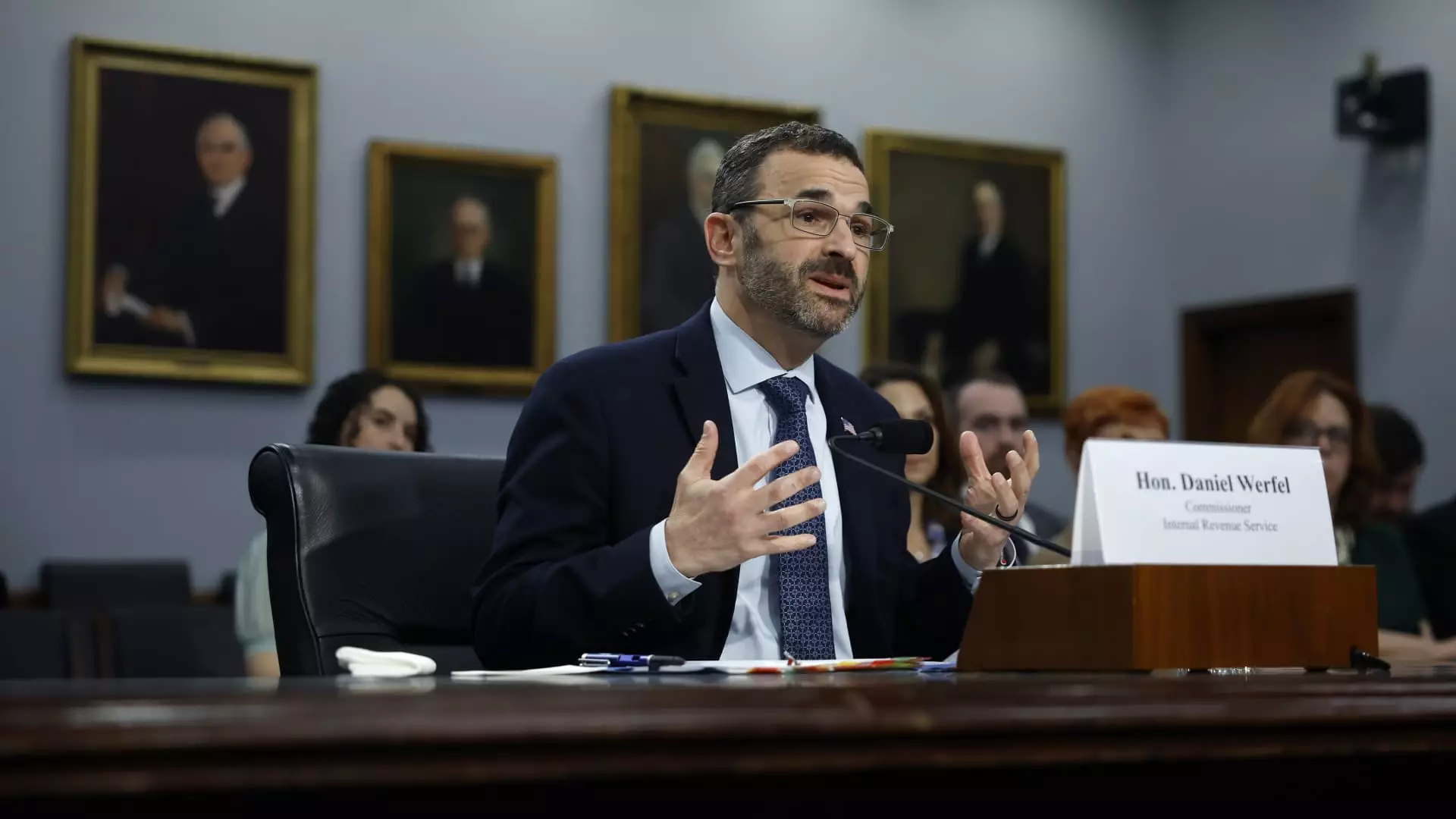The U.S. Department of the Treasury and the IRS have recently achieved a significant milestone by collecting over $1 billion in tax debt from high-income individuals. This accomplishment comes after the IRS announced plans to expand its scrutiny of those making over $1 million annually with more than $250,000 in recognized tax debt.
Treasury Secretary Janet Yellen expressed her optimism about the IRS’s ability to successfully launch strategic initiatives and generate a high return on investment. The agencies estimated that with sustained funding, investments in enforcement, technology, and data could result in up to $851 billion through the year 2034.
While the infusion of funding for the IRS has been praised for its potential to increase tax collections, it has also faced criticism from congressional Republicans. IRS Commissioner Danny Werfel acknowledged the lack of resources and staffing in the past, which hindered their ability to pursue high-income earners who owed taxes. However, with the new funding, the IRS has seen a significant improvement in their collection efforts.
The audit rate for taxpayers earning $1 million or more dropped from 7.2% in 2011 to 0.7% in 2019. Recent reports from the U.S. Government Accountability Office and the U.S. Treasury Inspector General for Tax Administration have scrutinized the IRS’s high-income audit process, particularly addressing an elevated no-change rate among audits of certain high-earning filers.
In addition to targeting high-income individuals, the IRS and Treasury have also unveiled plans to close a major tax loophole used by large, complex partnerships. This crackdown is expected to increase tax revenue by $50 billion over the next decade.
The IRS’s efforts to collect tax debt from high-income individuals have proven to be successful, with over $1 billion collected in the past year. With continued funding and strategic initiatives, the IRS aims to increase tax collections significantly in the coming years.


Leave a Reply